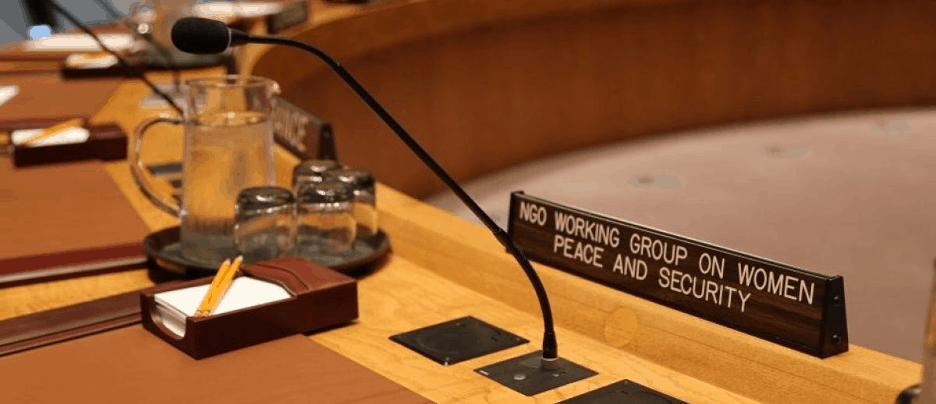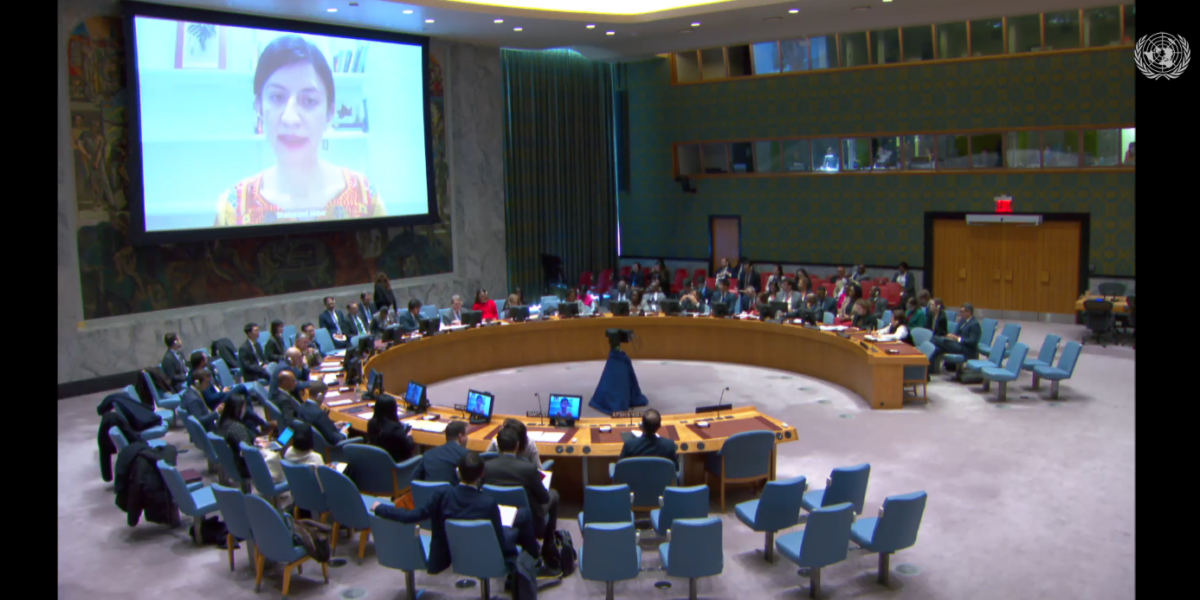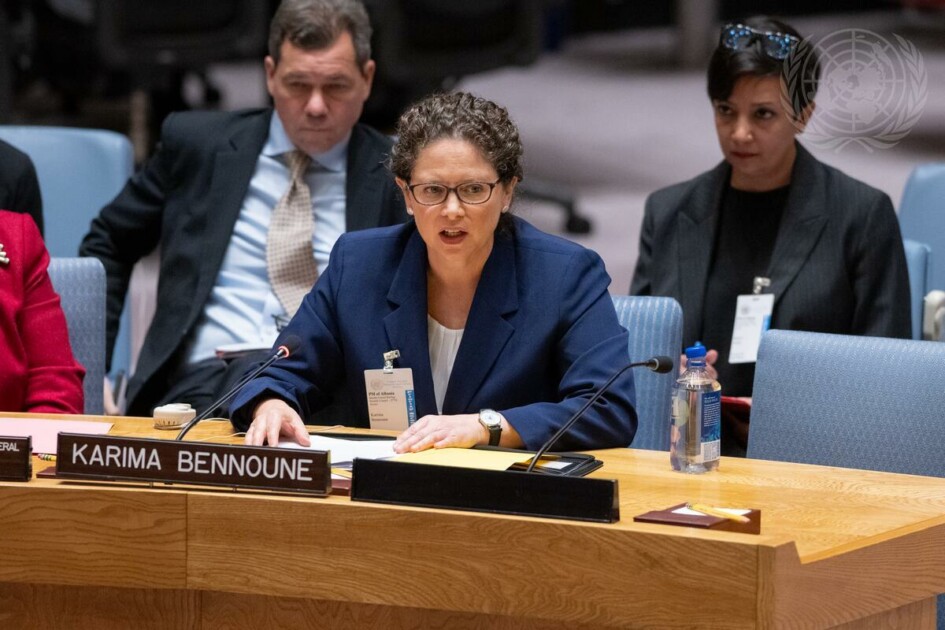Afghanistan
Afghanistan
Afghanistan has been engulfed in violent armed conflict since the fall of the Taliban regime in 2001, and efforts to build sustainable peace while preventing the re-establishment of extremist rule depend on the inclusion of women.
Living in the most dangerous place in the world to be a woman, as the Thomas Reuters Foundation revealed in 2011, Afghani women have emerged as leaders in the peace process— advocating constantly for more inclusive government, and inspiring marginalized groups nationwide to demand a place in the political system. Despite the important role that Afghani women play in bringing about social change in Afghanistan, many barriers to their involvement still exist.
Based on the work of NGOWG members and their partners, the NGOWG advocates for eliminating these barriers by encouraging UNAMA to support the Afghan government in fully implementing the National Action Plan on Women, Peace and Security (NAP), and ensuring women’s full and equal participation in regularly held elections.
Current and Past Recommendations to the UN Security Council (Monthly Action Points)
The expected reports of the UN mission in Afghanistan (UNAMA) and the International Security Assistance Force (ISAF) should include substantial information, analysis, and recommendations on supporting women’s participation and accountability for violations of women’s rights, including via sex-disaggregated data and benchmarks. This includes the current humanitarian situation, including the situation for the approximately 1.3 million internally displaced people, many of whom are female-headed households; the risk to gains in women’s political participation and access to services as NATO transfers security responsibilities to the Afghan National Security Forces (ANSF); and the increasing restrictions on women’s freedom of movement and access to services due to conflict, particularly in the areas where anti-government groups are in control. The Council’s discussions of these reports, and any subsequent action by the Council, should include supporting women’s technical capacity building; support for the development and thorough implementation of the National Action Plan on Women, Peace and Security; holding the Afghan government accountable to their national and international obligations regarding women’s leadership and decision-making roles; and ensuring women are central to all security sector, judicial, and good governance reforms, via consultation and inclusion of women, and conditioning funding on this inclusion. Council members should build on measures to reduce civilian casualties and intensify efforts to improve the conduct, responsiveness and accountability of the ANSF in order to enhance their capacity to protect civilians.
Relevant Resources










